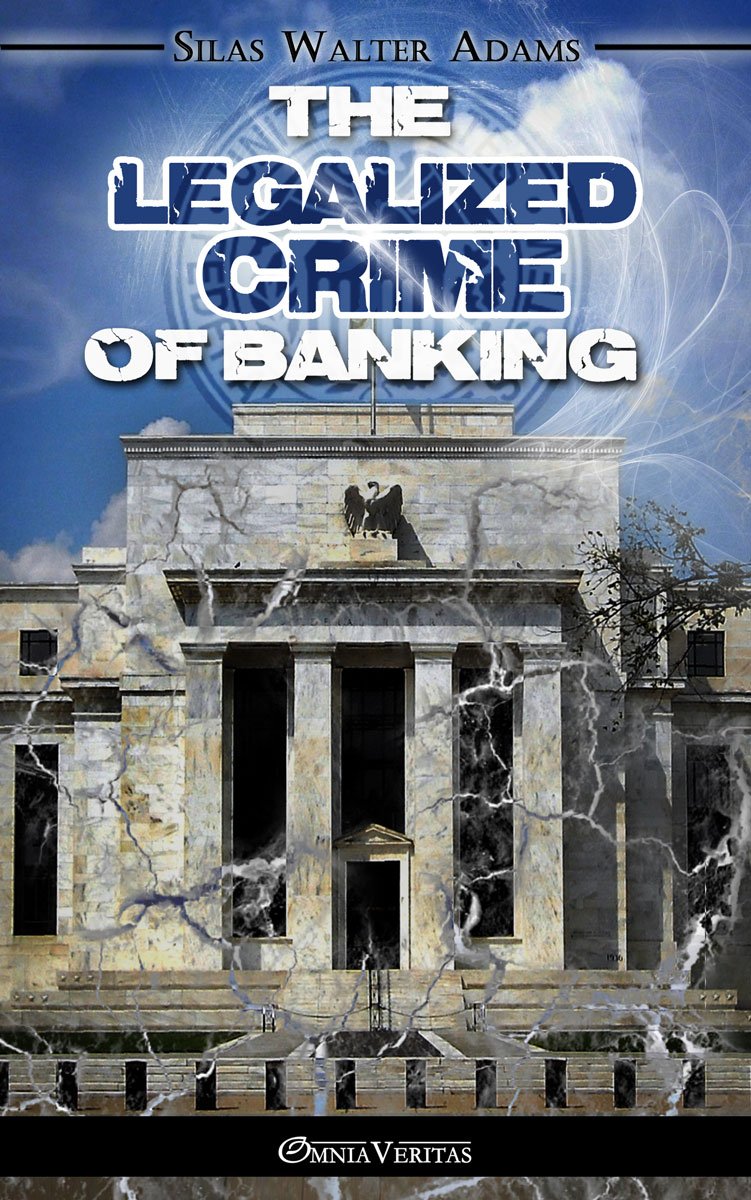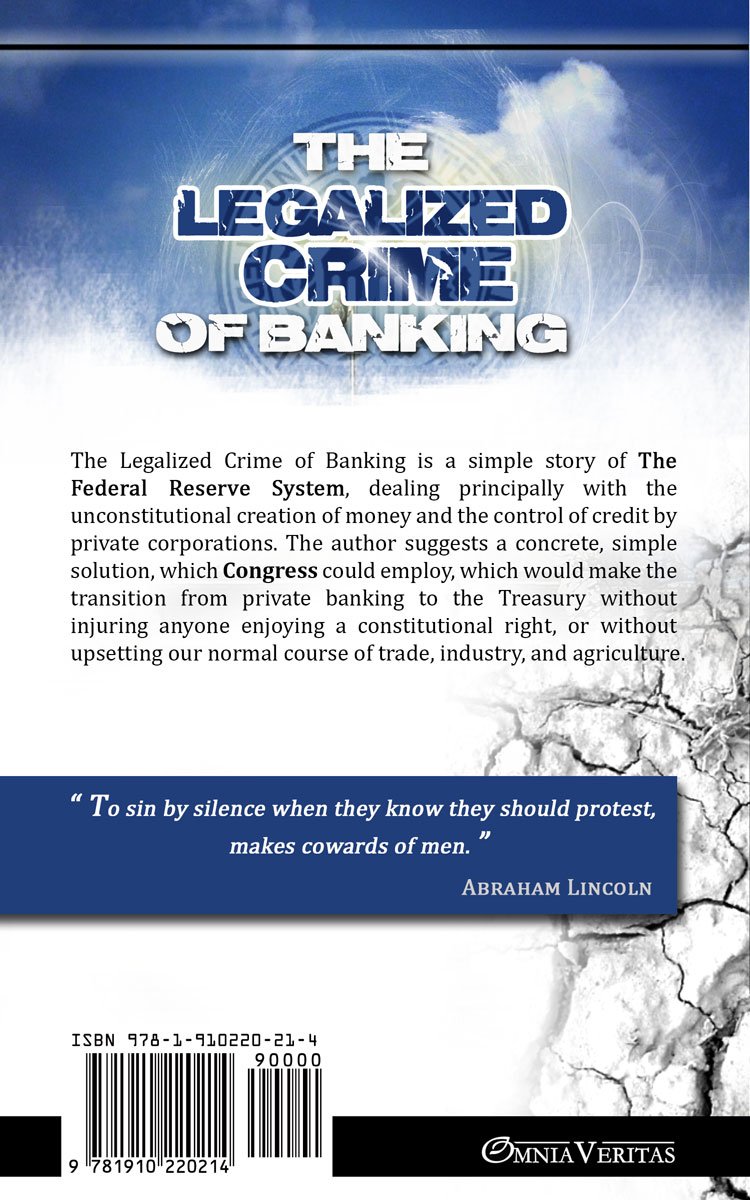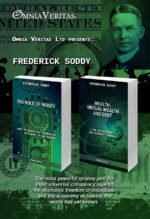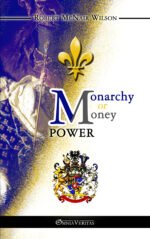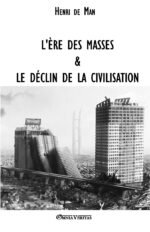But it has been necessary to keep the people believing that cash is the real money of the Nation in order that bankers may continue to hide behind the lie that they are lending the depositors’ money. That they have had many columns of deposits, but only a fragment of the total deposits to the credit of all of the people, appears in the only two items mentioned in their “meaningless public statements.”
Rothschild said:
“Let me have the power to issue and control a Nation’s money, and I care not who writes its laws.”
He was a top stock market gambler, and loved the game because of its hazards and its easy takes for the ins.
Jack Woodford said:
“As an ex-banker and one who has scuttled quite largely about this country of ours, I give you my solemn word of honour that I have never seen any other class more corrupt, conscienceless, and thieving than bankers.”
Congressman Wright Patman said:
“The Government, under the Constitution, has the power to create all the money. It issues both money and bonds, and sells the bonds to the bankers that create deposit money. If banks need the cash to pay the depositors, the Treasury supplies it free. In that way, Congress has farmed out to private bankers the nation’s credit free, and Congress’ power to create money, the greatest and most profitable privilege our Nation had, absolutely free; and of course, unconstitutionally. Congress has farmed out to selfish private banking corporations the credit of the nation free, and empowered them to create all of the people’s money. Some day the American people are going to blame this 1943 Congress for not changing the system at this time as we are entering on a $300 billion war program.”
